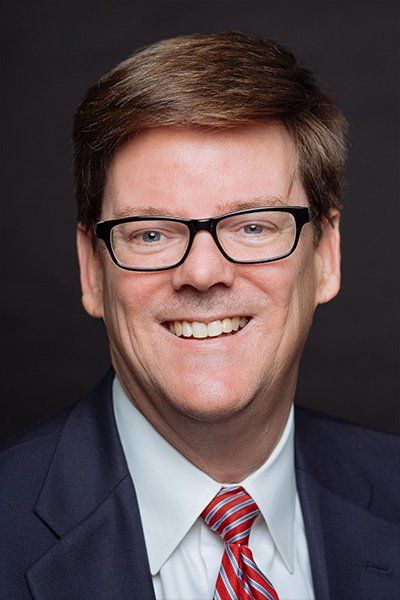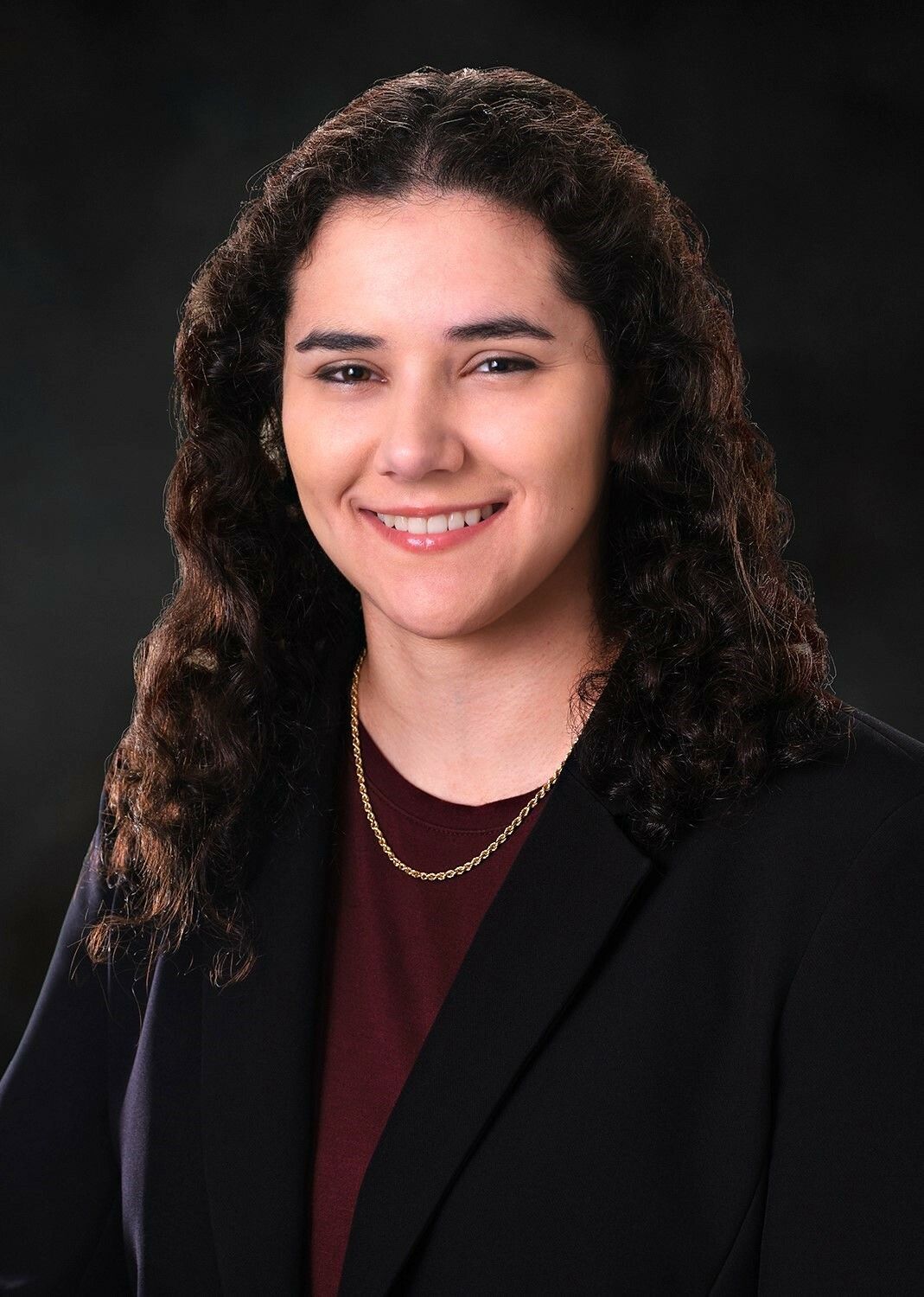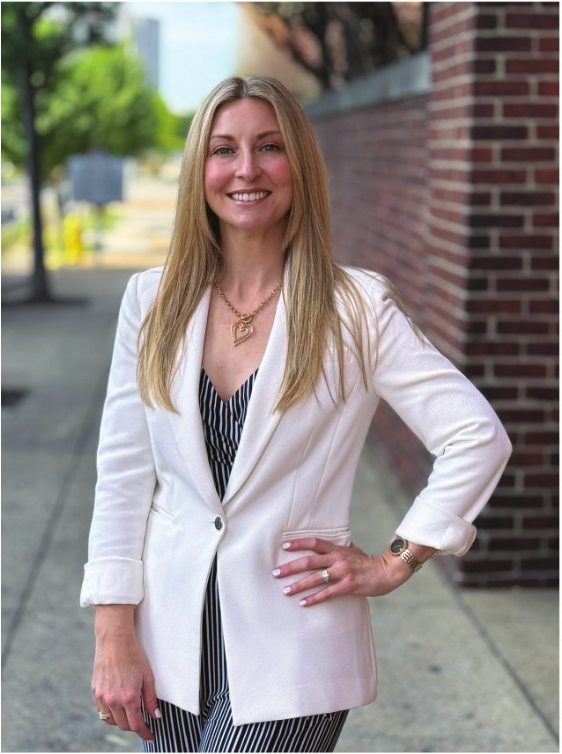Chattanooga Properties Subject to EPA’s Superfund Cleanup Program. How Does This Affect Superfund Sites for Property Owners?
Chattanooga Properties Subject to EPA’s Superfund Cleanup Program. How Does This Affect Superfund Sites for Property Owners?
In early January 2018, in case you were not aware, the U.S. Environmental Protection Agency (“EPA”) proposed the Southside Chattanooga Lead Site to be added to the Superfund Program’s National Priorities List (“NPL”). Superfund, as established by Congress in 1980, investigates and cleans up sites in the United States that have been contaminated by hazardous waste and identified by the EPA as a candidate for cleanup because the site poses a risk to human health and/or the environment. When a site is on the NPL, it undergoes a comprehensive evaluation to determine the nature and extent of contamination, an estimation of current and future risks, an analysis of cleanup alternatives, and the design and construction of the selected cleanup plan. Sites placed on the NPL are eligible to receive federal funding for long-term cleanup. EPA deletes sites from the NPL once all response actions are complete and all cleanup goals have been achieved.
The Southside Chattanooga Lead Site includes residential properties and other areas used by children that have been impacted by lead-contaminated soil where foundry waste material was used in past decades as fill or top soil. The sites in the Chattanooga area include: Alton Park, Cowart Place, Jefferson Heights, Richmond, and the Southside Gardens neighborhoods.Lead levels above health-based benchmarks has been detected in soils at some properties where foundry waste material has been located.
Proposing the Southside Chattanooga Lead Site to the NPL allows EPA, the State, and the community to access significant technical and financial resources to address environmental and health risks.Specifically, EPA has already conducted soil studies on 239 properties and 68 were identified to have elevated levels of lead in the soil necessitating further remedial action.Additional properties require testing or clean up.
If you are like most people faced with the possibility or certainty of a hazardous waste site in your community, you probably have many questions about what is happening and how you will be affected.Concerns about your property may be an issue. How will your property values be affected? What liability exists? Who pays for cleanup? Who can help you?
First off, living near a Superfund site does not necessarily mean that residential property is contaminated. When EPA first discovers a Superfund site, preliminary tests may be taken to determine if additional sampling is needed, including potential sampling of residential property. If EPA suspects that contamination from a Superfund site may be present on residential property, EPA may request permission from property owners to take samples. EPA will work with individual property owners to determine if there is a need to sample the property.Likewise, if property owners suspect contamination from a Superfund site is on their property, they can contact their regional EPA office or their state or local environmental agency.
If your property contains hazardous waste, a homeowner can perform a cleanup, but it is not very common for various reasons.First, in order for a homeowner to perform a cleanup, EPA must certify that the owner can meet national health and safety standards. Second, once the owner takes responsibility for a cleanup, the property owner becomes liable for any future pollution problems (release or threat of release of contaminants) as a result of the cleanup – forever.This includes liability for sites where the property owner deposited the contaminated remains.
With regard to liability, several questions must be assessed.Who is responsible for pollution on your site? Are you liable for property that sits above contaminated groundwater?As a potential purchaser of a property that is on or near a Superfund site, what are the responsibilities relative to contamination that exists at the time of purchase?EPA will not take actions against a property owner unless the owner polluted the site or made existing pollution problems worse and forced a cleanup action by EPA at the site.With regard to contaminated groundwater, a property owner can be held liable if he/she is responsible for the initial contamination.There may also be steps available to a prospective purchaser of property that is on or near a Superfund site.Specifically, the property owner can engage in negotiations with the EPA to enter into an agreement not to sue for contamination that existed at the time of purchase.Also, EPA makes a wide variety of information available to potential purchasers, including background information on the Superfund program, its activities and responsibilities, and opportunities for public participation.
If you own property or have an interest in purchasing property on or near a Superfund site, it is strongly recommended that you consult with an attorney who has experience in this area.Significant negative ramifications can arise on Superfund sites if you are not careful and diligent in connection with the evaluation and inspection of the property.At Grant, Konvalinka & Harrison, our firm has combined experience in excess of 50 years in helping clients navigate the complexities of a Superfund site. Please contact us today at 423-756-8400 to schedule your appointment with an environmental attorney.
This blog is not intended to create an attorney/client relationship or provide legal advice. Please contact the author if you have any questions or comments regarding the subject matter.










